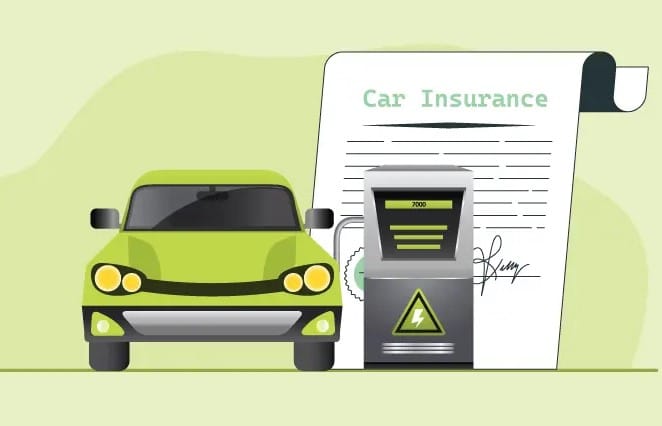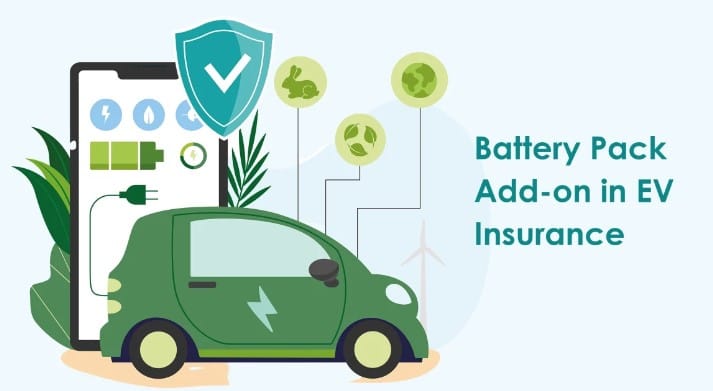Electric vehicles (EVs) are quickly becoming popular, and this trend is changing the car insurance industry. As more people choose EVs, especially from well-known brands like Tesla, Rivian, Ford, Mercedes-Benz, BMW, Audi, Nissan, Chevrolet, Hyundai, and Volkswagen, insurance companies are updating how they set rates and assess risks.

Why EV Insurance is Different
Several factors make insurance for EVs different from regular cars:
- High Vehicle Price: Many branded EVs, such as the Tesla Model S and X, Rivian R1T, Audi e-tron, and Mercedes-Benz EQS, have high price tags. This means that insuring these EVs can cost more.
- Advanced Technology: EVs are packed with advanced features, like driver assistance systems (ADAS) and complex battery systems. While these features improve safety, they can also increase repair costs if the car is damaged.
- Battery Replacement Costs: EV batteries are very expensive. If a battery needs to be replaced, the cost can be high.
- Theft Risk: EVs from brands like Tesla, BMW, and Chevrolet have unique, valuable components, making them a target for thieves.
How Insurance Companies Are Adapting
Insurance companies are adjusting their processes to better cover and assess EV risks:
- New Risk Models: Insurers are developing new methods to evaluate EV risks, looking at factors like driving patterns, location, and the unique features of EVs from popular brands.
- Telematics Tracking: Telematics devices monitor driving behavior, like speed and braking, allowing insurance companies to personalize premiums based on the driver’s habits.
- Partnerships with EV Brands: Insurers are forming partnerships with EV manufacturers like Tesla, Ford, and Hyundai to gather data on EV safety, repair needs, and performance.
- Special Repair Networks: Insurers are working with repair shops that specialize in EV repairs, ensuring better quality and efficiency.

The Future of EV Insurance
As EVs continue to gain popularity, here are some expected trends in EV insurance:
- Usage-Based Insurance: Insurers may offer usage-based insurance, where drivers pay based on their actual driving habits. Safer drivers could receive lower premiums.
- Battery-Specific Coverage: Some insurance policies may start covering only the EV battery, protecting owners from the high cost of battery repair or replacement.
- Cybersecurity Insurance: As EVs become more connected, the risk of cyberattacks grows. Future insurance options may offer coverage for cybersecurity risks.
Although EV insurance may initially cost more, EV owners can save on fuel costs and may also qualify for tax incentives. With time and experience, insurers are expected to offer more affordable and customized insurance options for owners of top EV brands.
A Simple Guide to Term Life Insurance: Why It’s a Smart Choice

